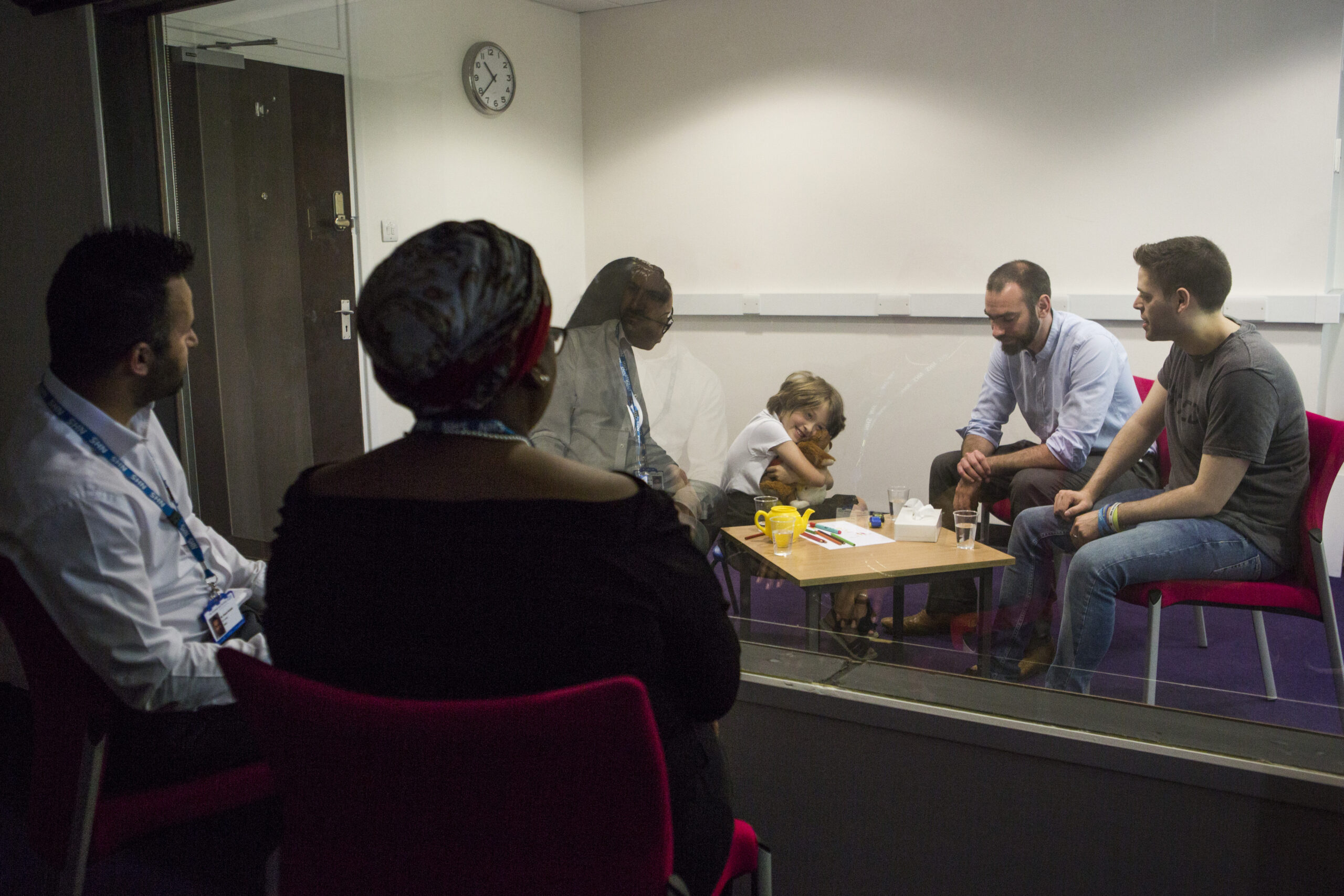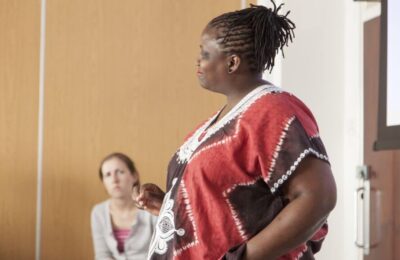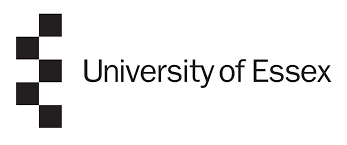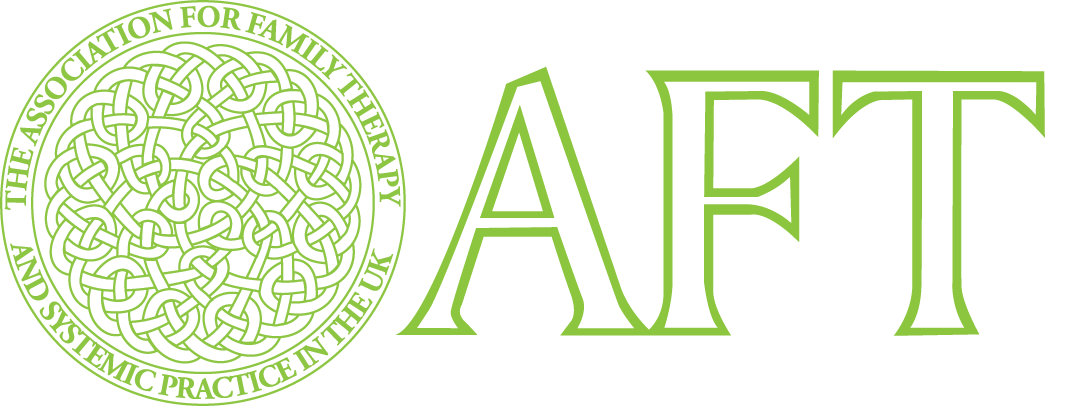
Systemic approaches to working with individuals, families and organisations (D4F, foundation)
Develop an understanding of systemic theory and practice with the most advanced pre-qualifying course in systemic approaches
This course will provide you with a well-developed understanding of systemic theory and practice which will underpin your work with diverse families and organisations.
It is the most advanced pre-qualifying course in systemic approaches and is considered the best preparation for the clinical training in the UK. This course is validated by the University of Essex and accredited by the Association of Family Therapy (AFT).
This course is also offered at intermediate level.
The deadline for applications to this course is provisionally set for Wednesday 31 July 2024. However, we encourage you to submit your application as soon as possible, as spaces are limited and can be competitive.
Please note: you may see the D4F course also referred to as SYGCTP002 in communications from our application system.
About this course
Systemic family therapy involves working therapeutically with individuals together with their families and/or significant others, enabling the use of individuals’ relationships as a resource. It can sometimes include relational work with individuals, psychoeducational approaches and multiple family groups.
This course will allow you to develop an understanding of systemic ideas and skills which can be applied to your work. You will learn how to reflect on the personal and professional dimensions of your work and start to identify and understand multiple contexts. This will widen your perspective when thinking about and reflecting on your clinical practice.
The course consists of the following elements:
- theoretical seminars
- application seminars
- whole-day events
- personal tutorials
- clinical work
Theoretical seminars combine theoretical and experiential learning with an emphasis on interactional learning. In smaller application groups, you will be expected to present your own experience using systemic theoretical concepts.
You will undertake presentations on personal and professional issues, illustrating an aspect of systemic theory.
You will attend two full-day events which include presentations and workshops by systemic clinicians.
For successful completion of the foundation year it is necessary to have completed the following clinical work with families/couples of three or more generations, either in a professional role or as part of a reflecting team:
- six sessions of work with families of two or more generations, and/or couple work, in a setting where you are able to use and/or apply systemic ideas
- two case presentations from your clinical work setting/placement
Summary of foundation year
Term one
You will reflect on yourself in relation to your family of origin, your present family, and your relationships with family members and those outside the family. Genogram theory and practice will be introduced in order to help you develop skills and knowledge which you will link to a number of social differences in order to explore your understanding and experience of difference.
Term two
You will focus on the development of systemic theory and practice, and will be encouraged to critically evaluate different schools of thought and different theoretical positions. You will explore your own positioning in relation to these and the application of theoretical ideas to individuals, families and organisations.
Term three
You will begin to focus on specific client groups such as working with adults, or working with a family where someone has a disability. This will also include completing a genogram interview with a clinical family from your placement.
Across the year you will apply systemic theory to practice through role play, consultations, audio and video review and work carried out in your placement or work setting. This course is offered at foundation and intermediate levels. Students who successfully complete the foundation can consider progressing to the intermediate level.
Who is this course for?
This course is for professionals working with, or who would like to work with, couples or families, in mental health trusts, health and social care or voluntary agencies.
You may be a:
- social worker
- teacher
- psychologist
- psychiatrist
- nurse
- learning mentor
- GP
- counsellor
- researcher
You will need to have opportunities to work with couples and families of three or more generations either in your professional role or as part of a reflecting team.
Course details
In order to be eligible for this course, we ask that you:
- have a first degree in social work, psychology, medicine, nursing, education or any allied field, or are able to demonstrate an equivalent level of relevant experience
- are working or volunteering in a setting where you have the opportunity to work with families and/or couples of two or more generations, either in a professional role or as part of a reflecting team
Home
£ 3,450 per year (2024/25)
International
£ 6,900 per year (2024/25)
You will be charged course fees for each year of your course. If your course is longer than one year, the fees that you will be charged after the first year will be subject to an annual inflationary increase. This will either be an increase of 3% or the Consumer Price Inflation as on 1 September of that year – whichever is the greater. At its discretion, the Trust may determine a figure between these two rates. Please refer to our Student Fees & Refund Policy for further information.
Financial support may be available to help you fund your studies at the Tavistock and Portman NHS Foundation Trust.
Bursaries (2024/25)
This year, we are offering two bursaries, covering half (50%) of D4F course fees to new students from Black, Asian or Minority Ethnic / Global Majority backgrounds, who qualify for Home fees status.
Assessment
This course is assessed through three assignments:
- a 1,000 word ‘difference’ presentation essay in advance of your presentations, followed by a presentation. This will be a ten minute presentation followed by 10 to 15 minutes of questions from an examiner
- a 2,500 word theory essay
- a 2,500 word genogram essay
Attendance
Tuesday evenings from 5.30pm to 8.30pm.
This course enhances a professional’s skills in working systemically with children, families, couples, adults and organisations.
Graduates often report that their confidence at work improves and progression is enhanced in the health, social care and voluntary sectors as well as in independent practice.
Students are advised to join the Association of Family Therapy (AFT) to continue access to systemic thinking and CPD opportunities. Those that graduate from the foundation course can proceed to the intermediate level training.
Why study with us?
We have been delivering systemic training for over 30 years. We offer a high level of training delivered by experienced clinicians and supervisors.
If you want to progress on to the intermediate course, and subsequently Systemic psychotherapy (M6), then this course will prepare you by giving you exposure to clinical work from an early stage.
Course facilitators
Validations and accreditations
This course is validated by the University of Essex.
This course is accredited by the Association for Family Therapy and Systemic Practice.
Apply now
Start your application for this course.
Recommended courses
Explore courses to study next
-
 Postgraduate certificate Eligible for Student Visa
Postgraduate certificate Eligible for Student Visa
Systemic approaches to working with individuals, families and organisations (D4I, intermediate)

